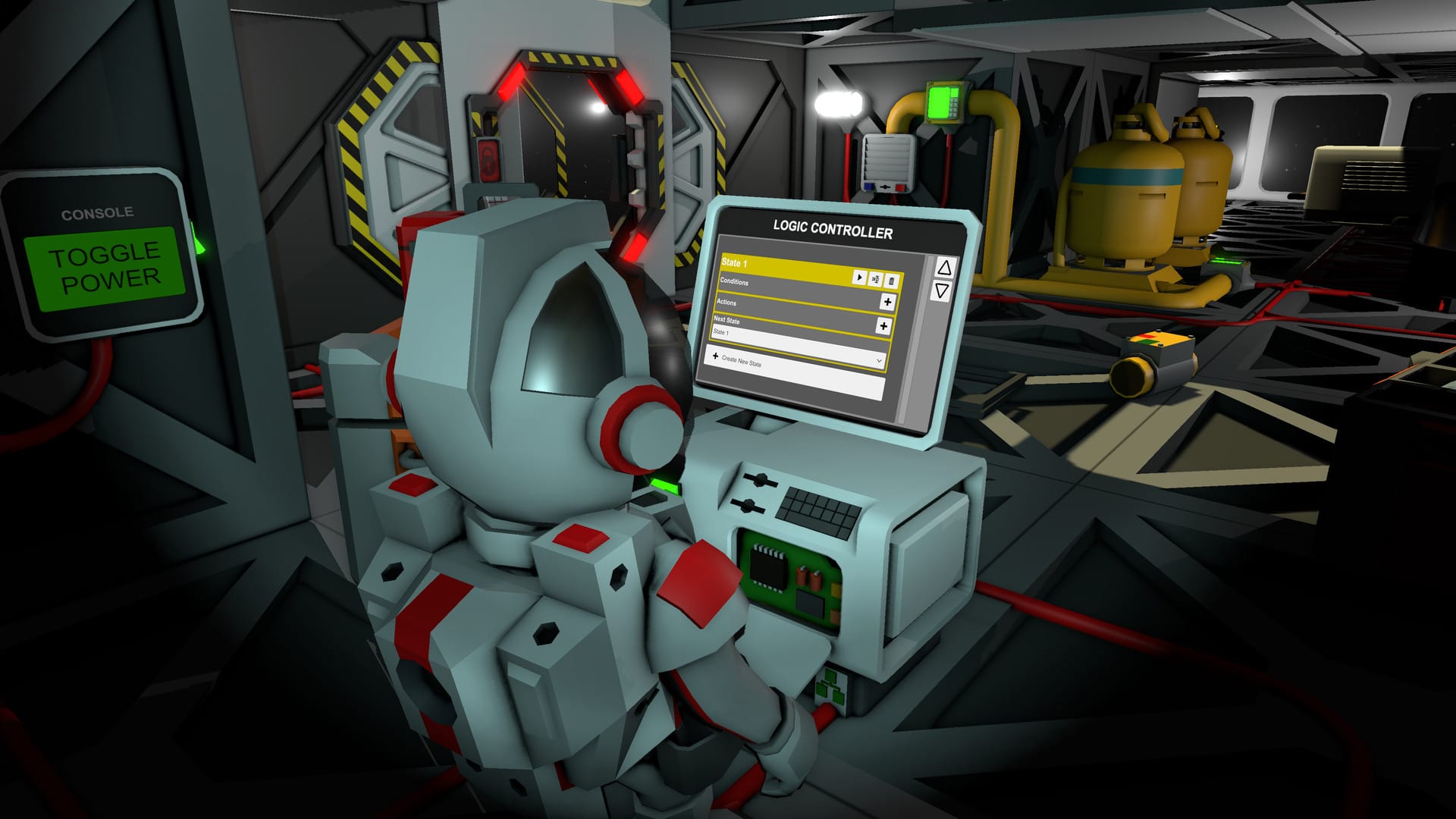Game engine company Unity is threatening to pull the licenses for RocketWerkz, the studio founded by DayZ developer Deal Hall, for reasons Hall told me are unfounded.
Hall first posted about this situation to the Reddit game development community r/gamedev on Friday, where he said “Unity is currently sending emails threatening longtime developers with disabling their access completely over bogus data about private versus public licenses.”
According to the initial email from Unity, which was provided to me by Hall, Unity claimed that RocketWerkz is “mixing” Unity license types and demanded that the studio “take immediate action” to fix this or Unity reserves the right to revoke the developer’s access to existing licenses on May 16. Essentially, Unity is accusing RocketWerkz of using free “Personal” licenses to work on commercial products that Unity says require paid “Pro” licenses. Hall says this is not true. If the company’s licenses are revoked, RocketWerkz will not be able to keep updating and maintain Stationeers, a game it released in 2017, and continue development on its upcoming project Torpedia.

